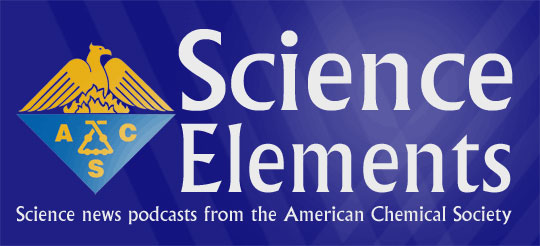| |||||||||||
|

Blueberries Fight Colon CancerEmbargoed: Sunday, March 25, 8:00 a.m., Central Time You’ve heard it a million times: Eat your fruits and vegetables. At the national meeting of the American Chemical Society in Chicago, scientists from Rutgers University and the U.S. Department of Agriculture reported that now there’s even more reason to follow this advice. They found an antioxidant in blueberries that helps prevent colon cancer. It’s called pterostilbene [ter-oh-STILL-bean]. It’s similar to resveratrol [res–VEER–ah–trahl], the antioxidant in grapes and red wine that’s also recognized for anticancer properties. Rats that were fed pterostilbene [ter-oh-STILL-bean] had 57 percent fewer pre-cancerous lesions in their colons, compared to rats not given the compound. The scientists believe the antioxidant could be developed into a pill with potentially fewer side effects than some commercial drugs currently used to prevent colon cancer. I’m Marvin Coyner in Washington for the American Chemical Society – improving people’s lives through the transforming power of chemistry. |
|||||||||||||||||
All Rights Reserved. Terms of Use | Privacy Policy | Feedback | Au sujet de la ACS | Acerca de la ACS |
||||||||||||||||||





